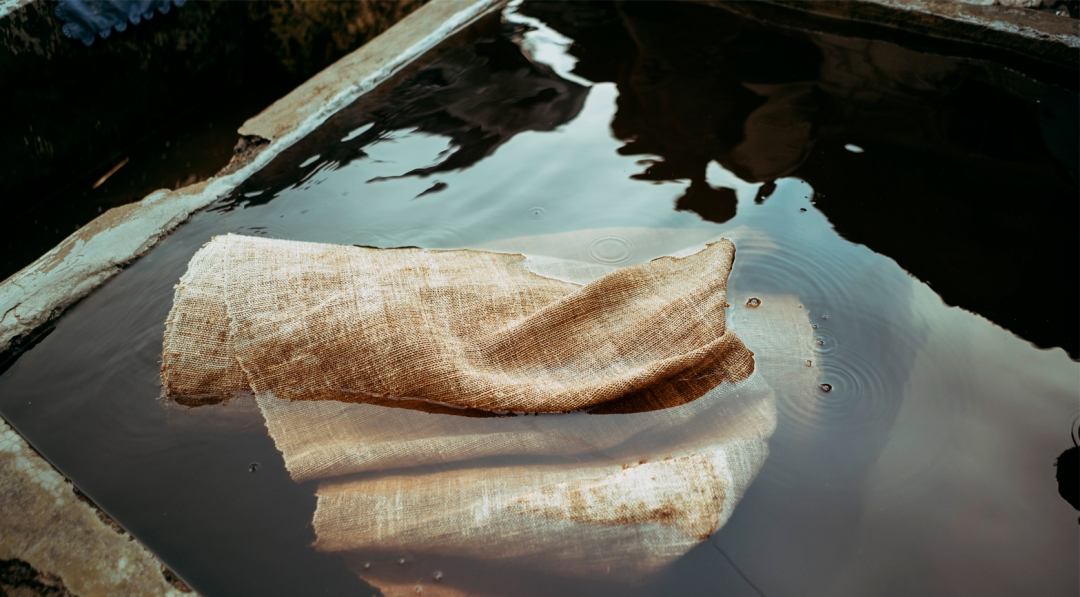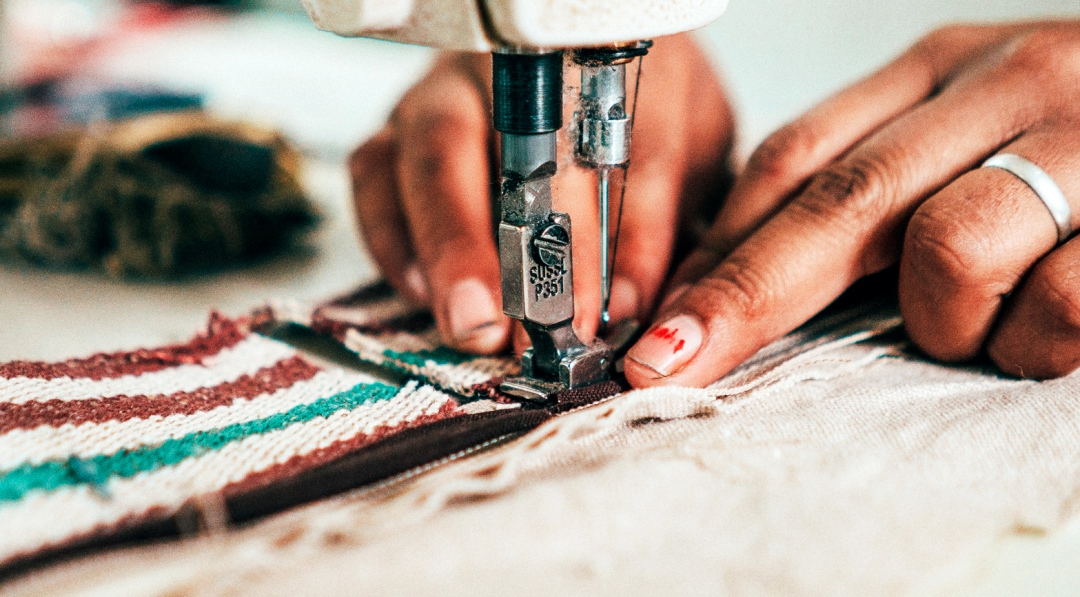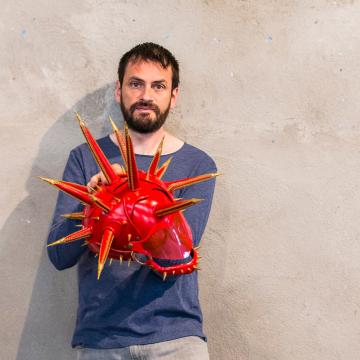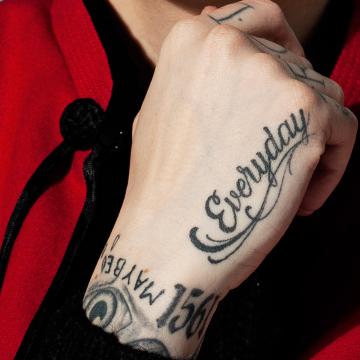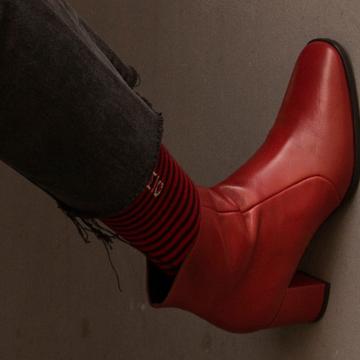Since opening on the 17th of April, Espacio Iberia has welcomed dozens of guests with one thing in common: their infinite talent. Talent that has inspired all the people who have sat there to listen to them.
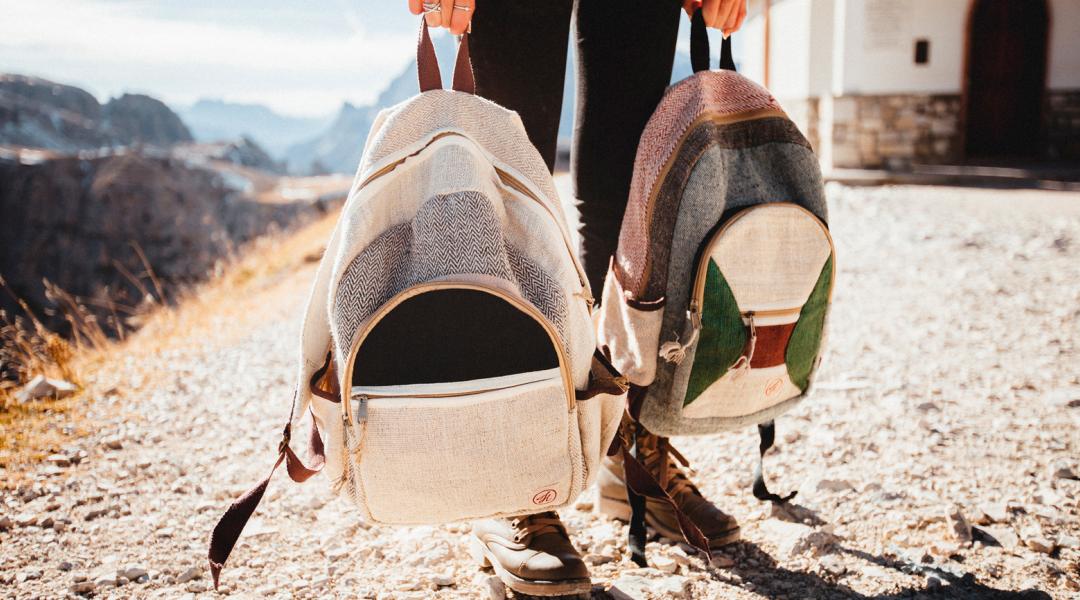
Gloria Gubianas has proved money can be made while generating wealth in a disadvantaged community. We talked with her about Hemper, the sustainable handbag brand that has won her the 2019 Woman Entrepreneur of the Year Award, as well as about her power as an agent of social transformation.
This bag and backpack brand is inevitably linked to the fashion industry. However, Gloria insists that her concept transcends it. “We convey a lifestyle, the history of Nepal and the history of hemp,” an all-purpose material at the base of her fair trade business.
The company she has built along with her two partners (Gonzalo Martín and Alejandro Pastrana) is not technological or innovative but a project of social transformation. Together, they have created a structure they can live off that also yields profits in the communities they work with. “It’s not simply about offering ethical accessories which are responsibly produced. We generate a positive impact and a change in the system.” And the best part is that these three entrepreneurs have proved it is possible.
Few companies develop a business model like yours. Is it that difficult to create a structure that benefits everyone?
It’s something that looks very simple, but when you enter the business world things become difficult. Hemper was born to do things that we enjoy, to experiment with our creativity and to have a social impact in Nepal, a country that we love. We wanted it to become our way of life, but now we want it to be a model for other businesses. This is a project that favours profitability but also contributes to the community and respects the environment. In the system we live in, people work to bring money home and then collaborate with an NGO. Our vision is that both can be done at the same time. If all economically-healthy businesses generated social wealth, everything would be more fairly distributed.
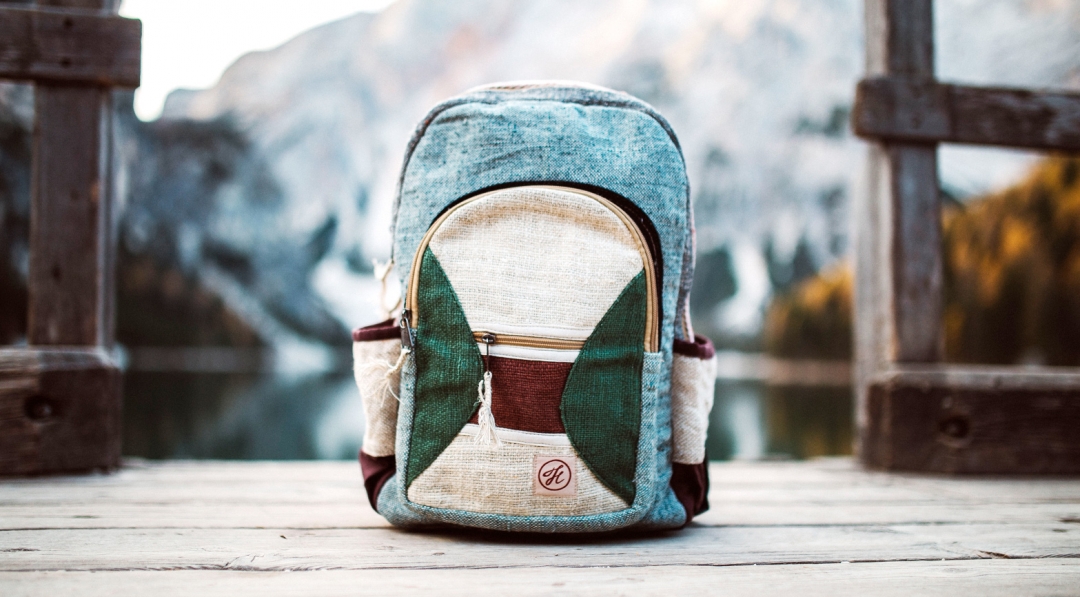
The brand has the B CorpTM certificate, evaluating a company's global impact (management, workers, customers, community, and the environment). © Hemper
Is Nepal Hemper’s raison d'être?
My partners Álex and Gonzalo did some voluntary work in Nepal and when they returned they wanted to continue being involved in projects there. I was in Nepal in 2013 and the idea interested me. Hemper was born as a tool to raise money that would allow us to return to Nepal to continue to carry out our social work.
How did the business come about?
We discovered hemp, a traditional fabric in Nepal. We did some research and realized we had something very powerful in our hands at a textile and cultural level. We started buying backpacks made with hemp because it was the product that we liked the most and which best fit in the concept of travel, and then we sold them. The two or three euros we made by selling each backpack went to a NGO or to a school. But we realized this formula made no sense. We worked with vulnerable groups in rural areas, but gave the money to a school that was unrelated to them. Moreover, they didn’t invest the money in long-term projects. Therefore, we decided all the value should be invested in the production chain so that it could have an impact on the people who actually manufactured the product we were selling. We bet on Nepal, on hemp and on the production chain. However, we occasionally organize social projects in the community.
How does investing in the production chain impact socially?
That’s the most complicated part because we’ve only been working with the brand for three years and when it comes to cooperation projects results are seen after 15 years. We work directly with local entrepreneurs who belong to vulnerable groups, such as women or low castes. Although the latter were banned by law ten years ago, inequalities have not yet completely disappeared. Our goal is to empower the most disadvantaged people so they can set up a workshop and start their own business and interact with people from other social strata. What really is going to transform the system is that the factory owners are people from the same group.
Last year you turned over 400,000 euros and this year you expect to reach 600,000 euros. Your estimates are on the rise. But consumption and sustainability are antagonistic. How do manage the formula to work?
We’ve created a brand that invites consumption, but we want to do it in a sustainable way. How do we manage? The key lies in how you want to grow, to what extent you want to grow.
Sustainability is only possible by going back to the what existed decades ago. I remember my mother telling me that, at my age, she only had a couple of outfits for weekends. Now, however, our closets are full. We want to go back to that. We want to work like high fashion does, but by offering an accessible product that can be sold in the long term.
“Our goal is to empower the most disadvantaged people so they can set up a workshop and start their own business”
So do you want to break with the seasonality of collections?
Of course, we are manufacturing durable, timeless products. The problem is that fast fashion has imposed a system that goes beyond summer and winter collections that prompt us to consume voraciously. What we want is to design with a concept in mind and convey a message that generates emotions.
Your orders arrive wrapped in original rice bags, following an upcycling philosophy (using recyclable materials to create products that have a greater value than the original one). How did this come about?
We used to send our products in boxes, but we wanted to be more sustainable. We were using discarded rice bags for the interfacing, so it occurred to us that we should use them for our packaging. The good thing is that you can turn it around and use it as a handbag!
You are about to open a store in Malasaña, in Madrid. What’s the philosophy of the store?
We want it to be a concept store, not a simple Hemper store with our logo to just sell our products. We want to offer an experience, to make people live Nepal.
Annapurna, Lhotse or Nuptse are Nepalese mountains and also some of Hemper's most famous backpack models, all of them with a classic and timeless pattern.Theirs tell a story, that of the globetrotter who enjoys getting lost in unusual corners of the planet. To resist the trip, they are made in hemp and lined with bags of rice (which also help shape the piece). Hemp is one of the least polluting fibers on the planet (between 200 and 500 liters of water are used to produce 1kg of dry hemp, ten times less than for one of cotton). Another good news is that it does not need pesticides because it does not suffer pests, in addition to being the plant with the greatest power to regenerate O2.

